Introduction
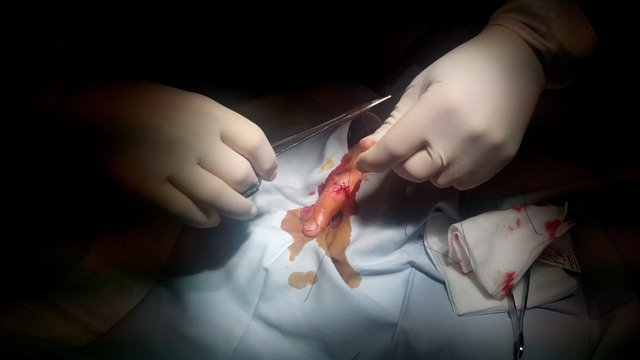
With time, the anxiety becomes less…but how about the first few times. Let me start by painting a picture in your mind. Imagine spending two years learning everything about the human body. The pathology, physiology, anatomy, and management of each disease case. Then in one day you go from the classroom to the hospital where you are taking care of real patients for the next two years. You may have practiced suturing skin on a pig’s foot, but it is a lot different when the human is alive/awake looking at you performing your first procedure!
My First Procedures
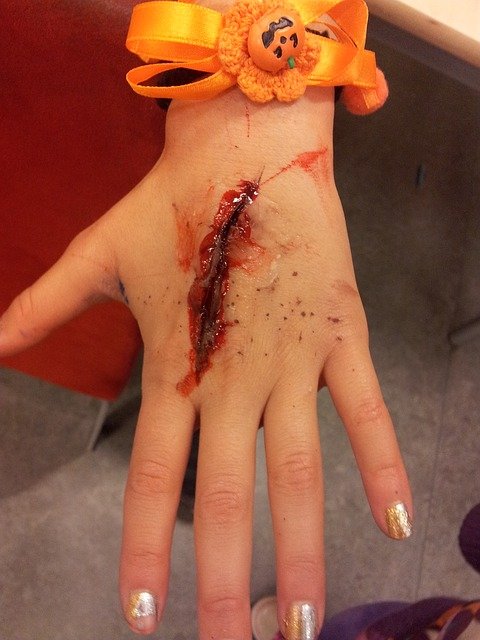
I remember my first procedure. It was my second month of my third year in medical school. I was working in the ER and there was an older lady who was a bit demented. She had cut her hand during a fall. The physician told me to go in there and practice my suturing skills. I was a bit nervous—to say the least! I had practiced suturing a pig’s foot during a classroom exercise the year prior. I remembered the steps; however, would her skin be harder to suture? What would be her reaction? Was her family in the room? The biggest question of all: Would they ask if it was my first time????
I went into the room where a physician assistant walked me through the steps and helped me numb the skin. After the first suture, she said, “Give it a try!” My hands were shaking and I was sweating a little. The patient was demented and there was no family in the room. I remember even after numbing her skin she made sounds of discomfort as I placed the 6 sutures needed. The task was complete and I had not let the patient down!
That was my instruction—nothing more and nothing less. In that same month, I stapled two patients’ heads back together after a major auto accident, and I had performed multiple skin lacerations. It becomes routine; however, every situation presents a new situation in the early stages of training. For the head trauma, the family kept asking me nervously if I had much experience with these procedures. I had to say that I was in training but would also reference that I had performed skin lacerations before.
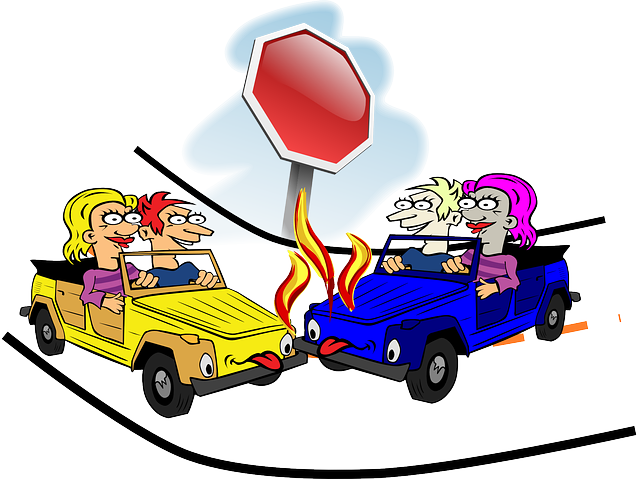
I would tell the truth, but I also had to craft my answers in a way that would alleviate anxiety. For example... what sounds better..."I am a medical student, and I have performed this exact procedure one time before...everything should be okay!" OR..."I am a student doctor and have performed multiple procedures like this before, everything should be okay." I think everyone would agree the second response is better while both are true!
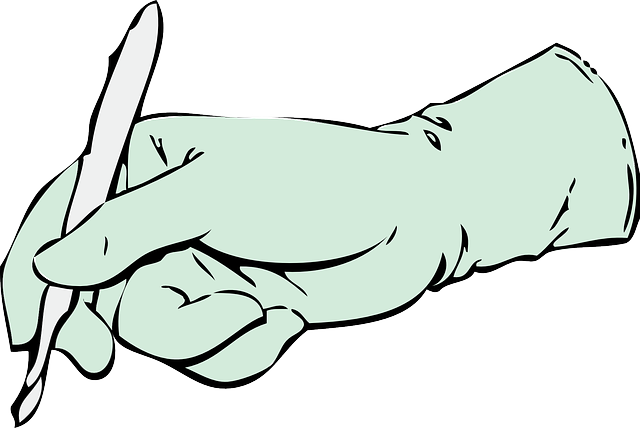
After performing procedures for over 2 years now, it becomes more commonplace. My last big laceration repair was on an older man who had fallen on his head. We got a CT scan to make sure he had no internal bleeding. I got the okay and was told that I could perform the procedure by myself. I got into the room, and the man had a 7cm laceration on his forehead and the frontal bone was exposed. Yes—I could see the man’s cranium! However, I had no trouble. I told him I had done lacerations repairs like this, and he was not in any discomfort during the procedure.
I had to place about 12 sutures to bring his forehead back together. After lots of blood and a pleasant discussion with him during the process, the procedure was done….and my hand was not even shaking! My performance was not that of a plastic surgeon, but the laceration was sutured together and the bleeding had stopped. The family and the patient were both pleased with my job.
Discussion:

You have to gain courage to be a physician. No matter what field you want to go into, a medical student needs to be proficient at procedures. You learn to become comfortable with suturing, joint injections. and many more types of procedures because you have to. It is also nice to be able to help the attending physician because in medicine, time is always a factor!
It may be disturbing to some that patients have to be the subject of a first procedure. In medical school, the school pays for malpractice insurance. Attending physicians that I have had the experience to work with have never put me in a position where I felt I could endanger the patient’s life. The risk was more likely that the procedure would have to be redone, which could cost the patient more pain and time.
In reality, this is a have to in medicine. In every profession, there will always be a first time. For a doctor, if you never had a first time performing a procedure, then you could never help a patient with a laceration. If a patient has a heart attack and needs a stent, some physician will have his or her first time performing this. The more dangerous a procedure, the more supervision will be there. I have no ethical dilemmas from any first procedures I have ever done. Luckily all of mine have gone rather smoothly. However, If I had made a mistake, the worst situation would have been more pain, more scaring, and a very angry patient. I could live with that.
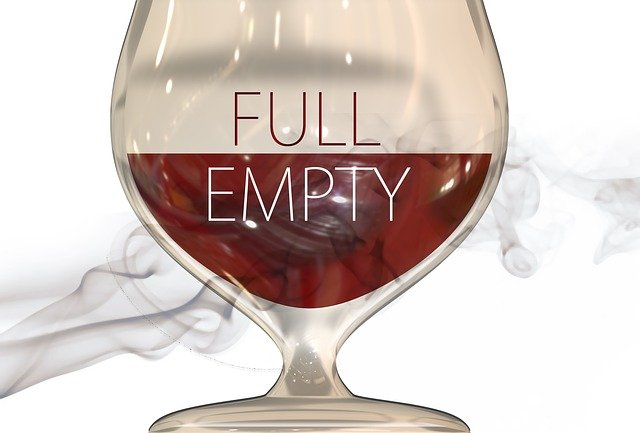
You have to live with mistakes as a doctor, or you will not survive a month. It is all about mindset. Maybe you make one mistake that makes a patient angry, but during that same month you save/help many lives. Physicians have some of the highest suicide rates of any profession, and this could be part of the reason. Burnout happens a lot, and it is not just because of the very long hours. It is also during those long hours where one can think of how they could have done something better. It is easier to make a mistake in business, but it is a different story when you impact the health of an individual. A doctor should always look at the glass half full to live a happy and fulfilled life.
I hope you enjoyed this medical topic! I am currently in the last few months of my medical school training.
Feel free to follow me for more medical/health/music posts.
Thanks!
Picture of Me!
Sources:
No sources needed for content. My own views/thoughts/experiences
Pictures: all from pixabay.com and no sources are needed. Links are provided for reference.

Man! Great job.
I can barely stand looking at blood.
Generally speaking however, without a "first time", you'd never be able to do anything. Sometimes you get to have supervision, other times you just do it!
The courage to overcome fear is very important.
Thanks for sharing.
Downvoting a post can decrease pending rewards and make it less visible. Common reasons:
Submit
Thanks for reading! Yeah I thought it would be fun to take people into my life. I usually post medical topics on health issues but just seeing the life through a lense can be informative as well.
Downvoting a post can decrease pending rewards and make it less visible. Common reasons:
Submit
Great!
Do you mind checking out my blog? You just might find something interesting.
Downvoting a post can decrease pending rewards and make it less visible. Common reasons:
Submit
Will do!
Downvoting a post can decrease pending rewards and make it less visible. Common reasons:
Submit
i know that feel man!
i myself am a med student.And have felt it prematurely in an emergency situation.
resteeming this :)
Downvoting a post can decrease pending rewards and make it less visible. Common reasons:
Submit
Right on fellow medical student. Thanks for resteeming it. Much appreciated. In medicine you just got to do it. No hesitation! Live the dream....save lives.
Downvoting a post can decrease pending rewards and make it less visible. Common reasons:
Submit
I'm a medical student too, but now I know that I need to have more strengths and that I must learn them to practice as a good doctor and good human.
Downvoting a post can decrease pending rewards and make it less visible. Common reasons:
Submit